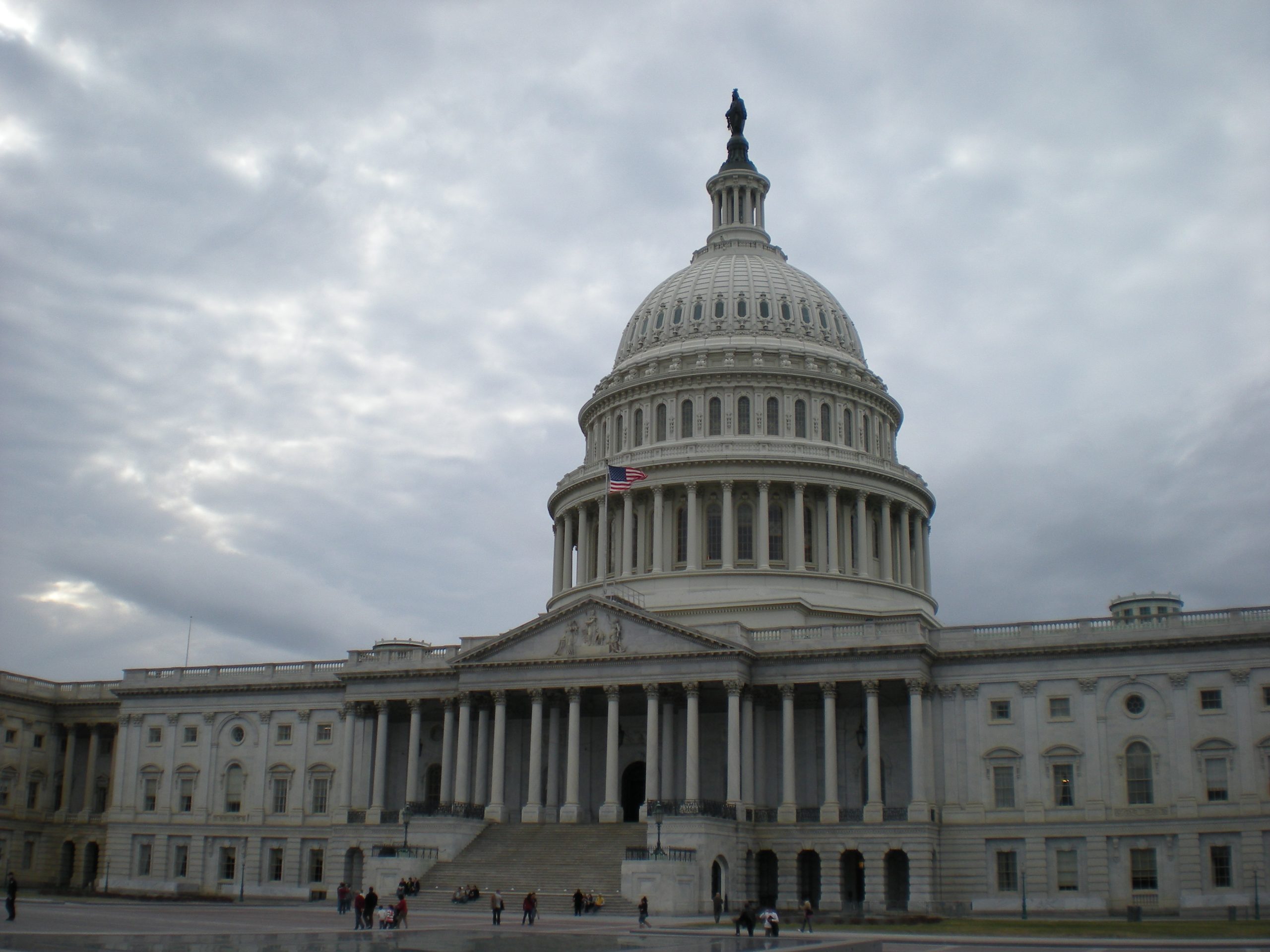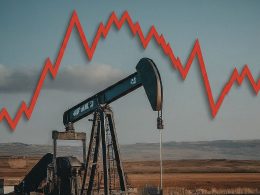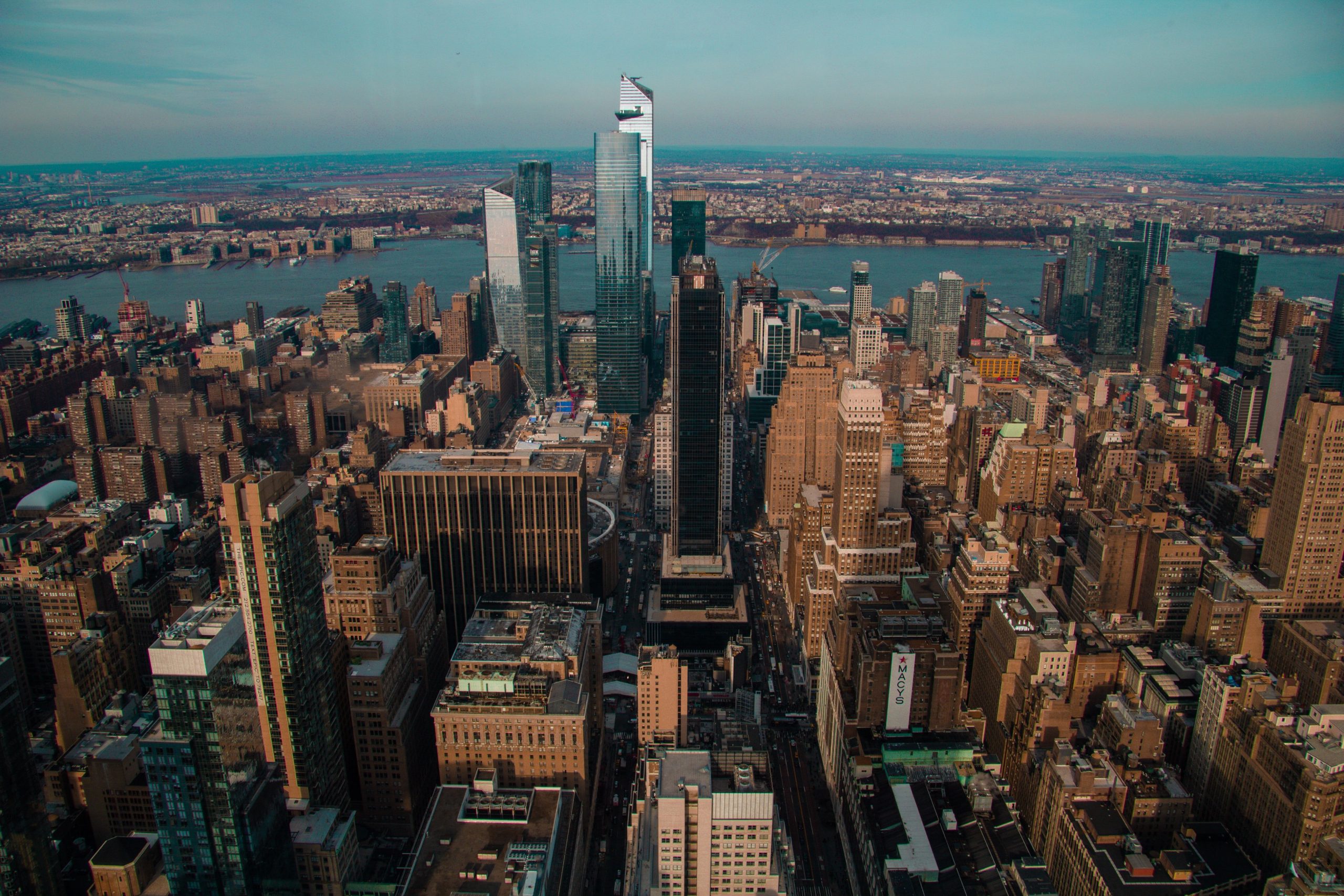Investors across the globe are eagerly waiting to see what’s next for them as the Federal Reserve hits pause on interest rate hikes. With interest rates being a critical factor that affects investment decisions, many investors have been wondering what this announcement means for their portfolios and how they should adjust their strategies moving forward. In this blog post, we’ll delve into why the Fed has decided to put hikes on hold, how it could impact your investments, and ultimately help you navigate through these uncharted waters of uncertainty and market volatility. So buckle up and get ready to explore what lies ahead in the world of investing!
What is the Fed Funds Rate?
The Federal Reserve is currently in the process of slowing down its interest rate hikes. This has caused some confusion and uncertainty for investors as to what the future holds.
There are a few things that we can expect as a result of this pause. Firstly, it’s possible that the Fed will continue to hike rates at a slower pace in order to give the economy more time to strengthen. Secondly, it’s possible that they will begin to reduce their holdings of government bonds, which would mean higher interest rates on those assets in the market. Finally, it’s possible that they will do nothing – this would be seen as a sign that the economy is still weak and may cause further instability in financial markets.
What Does the Fed Mean for Investors?
In light of the Federal Reserve’s decision to pause its interest rate hikes, investors are exploring the implications for their portfolios. Some experts believe that these pauses could lead to another recession, while others caution that any potential market turmoil is likely to be short-lived. Regardless of the final outcome, investors should continue to closely monitor economic indicators and make sound investment decisions.
Here’s a look at some of the key points that investors need to keep in mind:
1) The Fed’s decision to pause interest rate hikes comes as a surprise given recent indications that it might be continuing its campaign of “stimulus.” If this is indeed the case, it could lead to a slowdown in economic growth and increased volatility in markets.
2) While there is no guarantee that the market will react negatively, it is important for investors to be aware of the risks involved. If things do take a turn for the worse, they may find themselves in a difficult position.
3) It’s also worth keeping an eye on inflation rates. If prices begin to rise faster than expected, this could leadtorisk instabilityin marketsandpossiblyanotherrecession.
4) In terms of long-term investments, it’s important for investorstoconsiderthetimingoftheirpurchasesaswellasthereceivedreturnsthattheymayencounteroverthenext few years. They may want to avoid making major investments just yet and instead wait until after the next phase of the Fed
What Could Happen If the Fed Increases Rates Again in 2020?
If the Federal Reserve increases rates again in 2020, it would likely cause the stock market to decline. The Fed has been gradually increasing interest rates since late 2016 in order to reduce inflation and stimulate the economy. However, recent indications suggest that these efforts may not be working as intended. If this is the case, then the Fed might consider increasing rates even more in order to get the economy moving in a more positive direction. If this happens, investors may start to sell stocks, which could lead to a decline in prices.
What’s Next for the Stock Market if the Fed Hikes Rates Again in 2020?
The Federal Reserve has been hiking interest rates since late 2015 in an effort to tighten monetary policy and promote strong economic growth. Fed Chair Jerome Powell has said that the central bank is “close to completing” its tightening cycle and that further hikes are likely to be gradual. However, on Wednesday, Powell announced that the central bank will delay its next rate hike until early 2020 as the economy continues to show indications of strength.
While this news may disappoint some investors who are hoping for a quicker return on their investments, it’s important to keep in mind that the Fed isn’t blind to the risks posed by continued economic growth. In fact, Powell warned that “increases in longer-term interest rates could produce substantial declines in real house prices and spending,” which could lead to a recession.
This leaves investors with a few options moving forward. They can continue holding assets such as stocks or bonds in anticipation of future rate hikes, or they can shift their money into more stable assets like gold or Treasury bonds. Either way, it’s important for investors to stay informed about upcoming changes in interest rates so they can make informed decisions about where to put their money.
Conclusion
investors are eagerly waiting to see what the Federal Reserve will do next with regards to interest rates. So far, they have raised them three times this year, but many believe that there could be more hikes in the future. With inflation still low and unemployment relatively low, some believe that the Fed should continue hiking rates in order to keep inflation in check. Others feel that if the economy is strong enough then the Fed should end their rate hike cycle sooner rather than later. It will be interesting to watch what happens next with interest rates as investors wait anxiously for a decision from the Federal Reserve.










